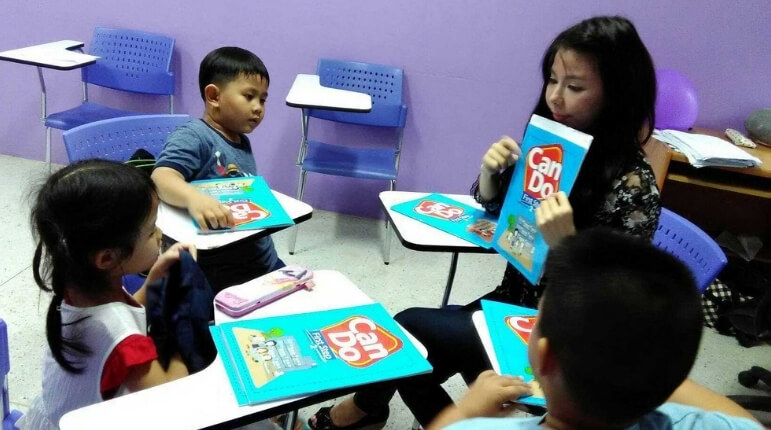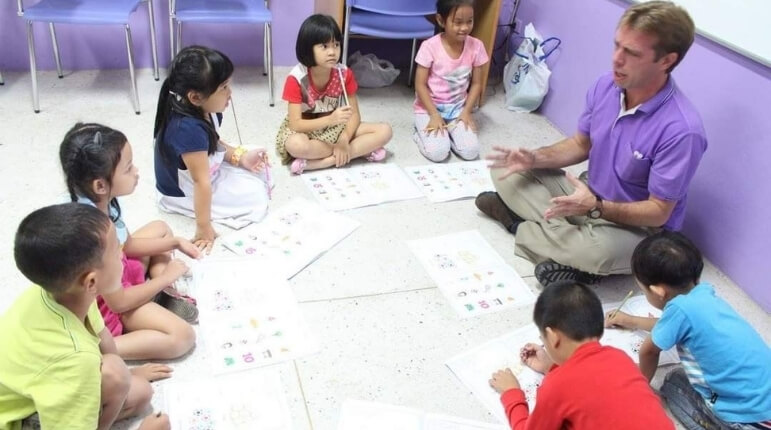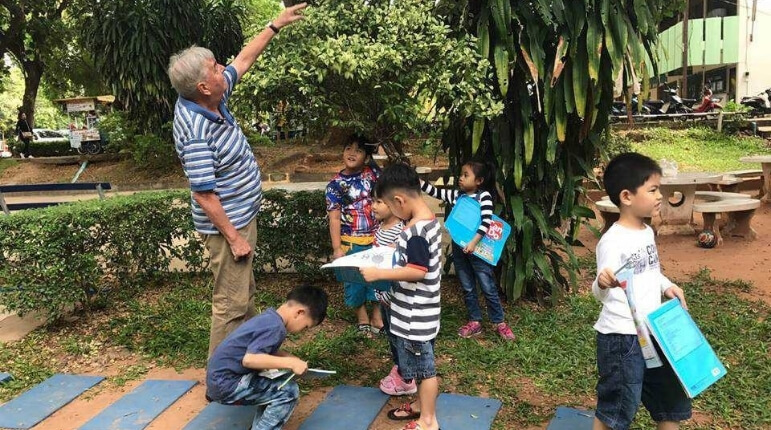Can Do Series
Can Do Series is designed for young learners taking their first steps in English and up to the primary levels. The learning materials are divided into thematic and story-based units featuring two main characters named ‘Candy’ and ‘Dodi’.
The Can Do Series consists of two levels: kindergarten and primary.
Teacher's Guide
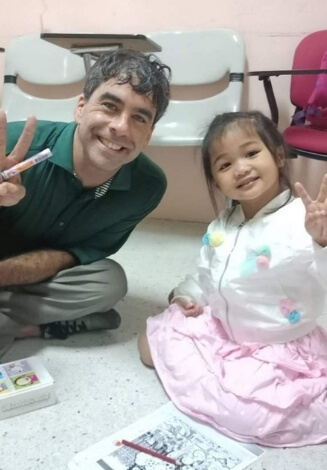
Our Can Do Teacher’s Guide has been specially designed to allow teachers to properly develop all four core language skills - listening, speaking, reading, and writing - as required for assessment by the international standard Anglia Examinations from the UK.
The Series is not only approved by the Anglia Examinations board, but it also includes the 2008 basic curriculum, which covers language for communication, language and culture, language in relation to other subjects, and language in relation to the community and the world. The evaluation criteria for the National Test: NT have also been taken into account to help our teachers succeed even more.
According to the Theory of Multiple Intelligences, individual students have different learning affinities and types of intelligence. The Can Do Teacher’s Guide has therefore been designed using a variety of learning approaches built around the teaching of EFL and ESL, and has been customised to optimise the English learning experience.

Scaffolding Instruction is where students are given direct support in solving problems by themselves using systematically sequenced prompting materials, advice, and encouragement.
This approach enables students to better master the materials, solve problems and permit internalization, which will pave the way to a higher level of understanding.
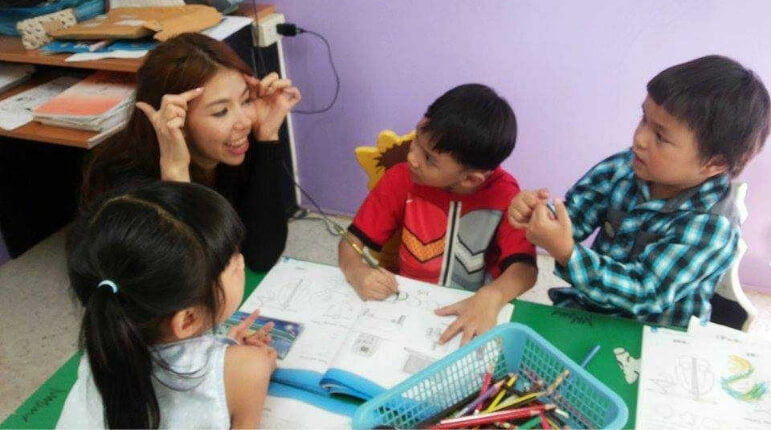
Communicative Language Teaching focuses on more meaningful learning using activities that develop language functions in authentic contexts rather than concentrating only on grammar structures. The emphasis here is on developing and practicing language skills such as listening to speaking, reading, ands writing.
Later, students move on to identifying key ideas, developing comprehension, and learning how to apply their new knowledge.

Inquiry-based Learning, pioneered by Robert Karplus, is a process that helps students discover new facts or information by searching for answers to questions.
This approach aims to make learning a way to better develop the skills of information processing and problem-solving. This process concentrates on child-centered learning, with the teacher acting as in more of a facilitator role.
It’s worth noting that inquiry-based learning has a learning cycle consisting of engagement, exploration, explanation, elaboration, and evaluation.',
